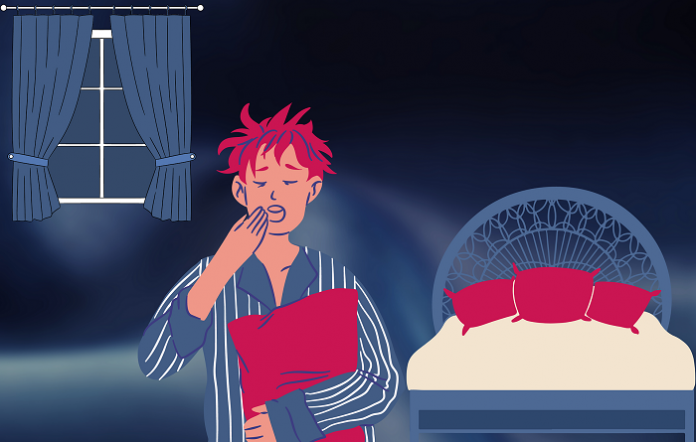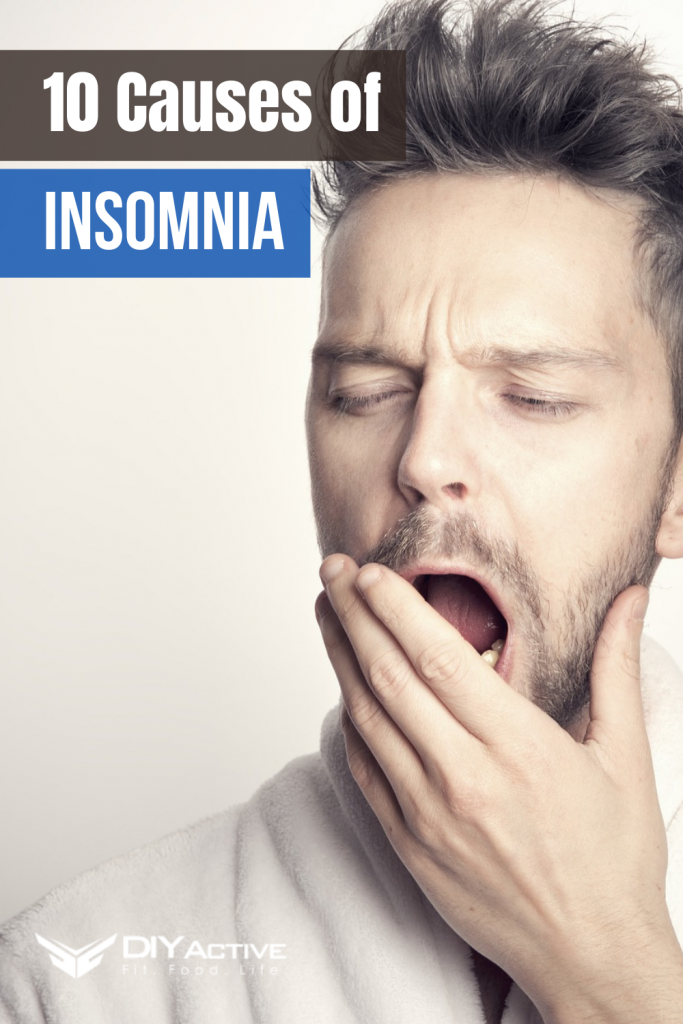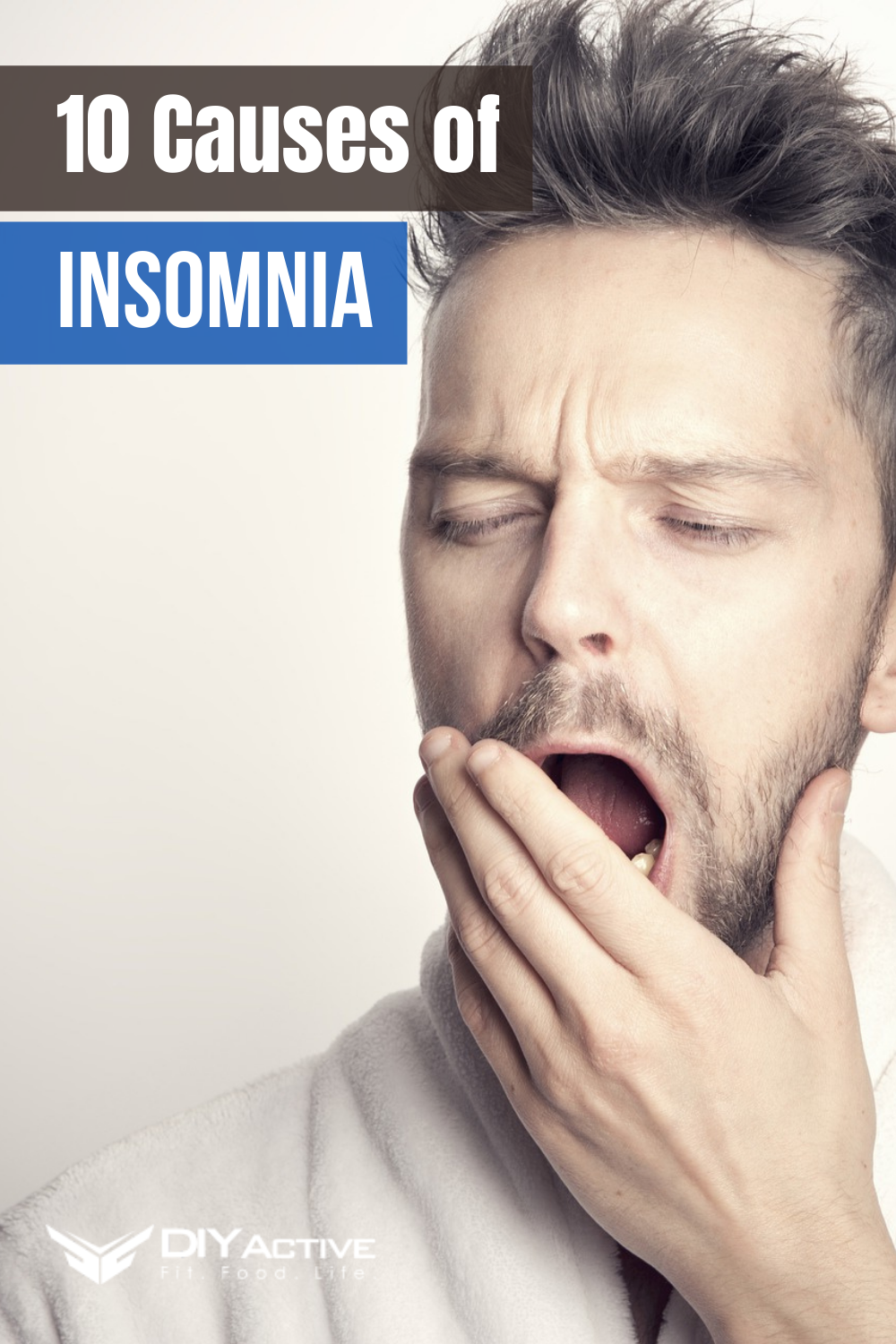
Causes of Insomnia
For normal body functions, the recommended sleep per night should range between seven to nine hours. However, more than 50% of adults experience insomnia, a prevalent sleep disorder that can last for a few days or a prolonged period. People who have insomnia find it hard to fall asleep, stay asleep or sleep for the recommended hours. Also, individuals with a sleep disorder may exhibit other symptoms such as constant fatigue, memory loss, irritability, or depression.
Causes of Insomnia You Need To Know
Insomnia occurs in two major types: short-term insomnia and chronic insomnia. The former is mainly caused by stress and lasts for a few days or weeks, while major medical conditions may cause the latter, and the individual can take a longer period to recover.
What are the Causes of Insomnia?
Many factors can trigger insomnia, including environmental, physiological, and psychological factors. Some of the major causes of insomnia are:
1. Medications
Some drugs, such as Alpha-blockers and beta-blockers, have been linked with a sleep disorder. Alpha-blockers are known to decrease rapid eye movement, thus making people stay awake at night.
Beta-blockers cause insomnia by hindering the melatonin hormone’s nighttime secretion, responsible for regulating sleep and the body’s circadian clock.
Other medications that because insomnia includes corticosteroids, statins, SSRI antidepressants, ACE inhibitors, and others.
Also, sleeping pills can greatly cause insomnia since the body may become psychologically dependent on them for them to adjust. Before any drug usage, it is paramount to inquire from your pharmacist about medication usage and interactions.
2. Aging
The older you get, the more the chance of experiencing insomnia. Older adults have more irregular sleeping patterns as they tend to wake up earlier or get distractions during the night. Insomnia in older adults is common since an overwhelming majority of them have underlying medical conditions that cause pain or discomfort that interfere with their sleep.
Also, as you age, the secretion of growth hormones decreases, leading to a reduction in slow-wave or deep sleep. Thus, your body will produce less melatonin leading to increased fragmented sleep and frequent waking up during the night.
There is no way through which you can stop aging. If you are facing insomnia because of abnormal hormonal fluctuations in your body, through moderation of extreme hormonal changes, it is possible for you to get rid of this sleeping disorder. Just do some research about the symptoms associated with hormonal disbalance and opt for a credible hormone therapy thereafter.
3. Inappropriate Sleep Hygiene
Poor sleep hygiene habits can be a significant distraction to your sleeping patterns. The things you get involved with before bedtime can have a substantial effect on the quality of sleep.
Some of the bad sleep habits that can trigger insomnia include irregular bedtime schedules, eating right before getting to sleep, stimulating activities before sleep, taking coffee or alcohol, using technological devices in bed, or working out before bed. Make sure you avoid these habits in order to get a good night’s rest.
4. Poor Sleep Environment
 Your bedroom environment can have a major impact on your sleep quality and quantity. Some environmental conditions such as temperature, noise, electronic distractions can significantly contribute to distracted sleep patterns.
Your bedroom environment can have a major impact on your sleep quality and quantity. Some environmental conditions such as temperature, noise, electronic distractions can significantly contribute to distracted sleep patterns.
For instance, Individuals with poorly ventilated rooms are likely to experience insomnia due to poor temperatures and inadequate airflow.
To avoid such distractions, cut every noise distraction from cell phones and other non-essential alerts, maintain cool temperatures and remove your TV from the sleeping area.
5. Stress and Anxiety
Stress occurs due to emotional or physical tension. Stress and anxiety affect the quality and quantity of sleep. Our bodies tend to keep us awake whenever we are stressed.
Stress triggers the secretion of cortisol hormone, which coincides with blood sugar, thus an upsurge in blood pressure. Due to this, your body experiences flight response, thus causing sleep problems.
6. Sleep-Related Disorders
Certain sleep disorders such as apnea can lead to breathing complications throughout the night, interfering with your sleep. Restless legs syndrome causes distressing sensations in your legs, making it difficult to move them, thus hindering you from falling asleep.
7. Underlying Medical Conditions
Some existing medical conditions such as cancer, diabetes, heart disease, asthma are linked to insomnia.
Other illnesses which are not chronic such as those which affect the respiratory system or the nervous system, are also known to cause major sleeping challenges. Individuals with underlying illnesses find it harder to sleep comfortably in bed due to constant pain.
8. Pregnancy
Pregnant women can experience insomnia in their entire pregnancy journey. Some of the factors that contribute to their sleep problems include:
- Discomfort: Pregnant women gain weight and develop changes in their entire body composition, thus affecting positioning and cause discomfort in bed.
- Breathing Interference: The developing uterus exerts pressure on the lungs disrupting breathing during sleep.
- Restless Leg Syndrome: Most pregnant women have increased potential of RSL even if they never portrayed similar symptoms before pregnancy.
9. Neurological Disorders
Neurological problems are disorders that affect the brain and the nerves found throughout the body. They include headaches, seizures, stroke, Parkinson’s disease, dementia, neurodegenerative and neurodevelopmental disorders.
10. Mental Health Disorders
Mental problems such as depression and bipolar disorder contribute greatly to insomnia. These conditions are known to stimulate negative thoughts and mental hyperarousal that causes sleep problems.
Also, anxiety disorders, such as post-traumatic stress disorder, may interfere with your sleep.
Wrap-Up
A lack of sleep can be the genesis of various health issues such as higher blood sugar levels, liver problems, obesity, etc. Chronic insomnia can surge the potential of some serious diseases such as heart attack and stroke.
Ensure you sleep the recommended sleeping hours and avoid anything which can lead to insomnia. If you have suffered insomnia for a long time, you can enroll in insomnia hypnotherapy programs to address the sleeping problems.



